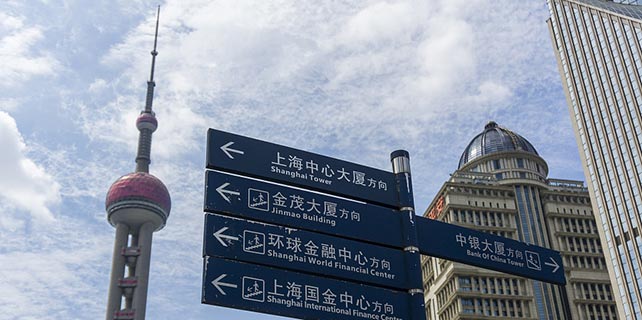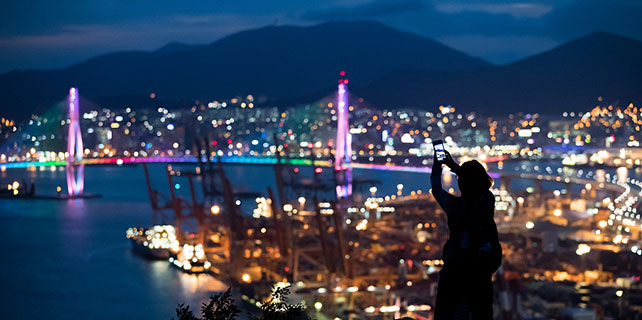Second shipment of French wine sent by rail to China
 |
|
French wine in Wangfujing Department Store in Beijing, Dec 8, 2006. [Photo/VCG] |
China is set to receive its second test rail shipment of French wine this month as European logistics companies work to ensure they can deliver the product unaffected by varied conditions such trains encounter along the 11,400-kilometer journey.
The second shipment left the transportation hub of Duisburg, Germany, on Friday and is expected to arrive in Shanghai about Aug 21.
The outcome of the test could lead to a faster way to give France, the world's second-biggest wine producer, greater access to potentially the biggest market in the world.
The shipment of French wine was conducted by JF Hillebrand, which specializes in the transportation of wine, beer and spirits, and the InterRail Group, an international transport group focusing on rail freight.
The first test train departed from Duisburg on May 5, crossing six countries and arriving in Yiwu, Zhejiang province, 22 days later, covering a distance of more than 11,400 kilometers in at least 13 fewer days than the journey takes by sea.
The main challenge for such wine shipments is the varied temperatures during the journey, which range from-2 C to 58 C.
The container is fitted with a protective foil liner system, called the VinLiner, which regulates the temperature and humidity of the contents. It keeps the temperature between 9 C to 32 C, and the temperature of the wine under 29 C.
No bottles or labels were damaged during the first shipment.
"This solution complements sea freight and air freight, as the VinLiner is a protection with proved effectiveness," said Jannson Chan, JF Hillebrand Group's area director for Greater China.
"We are pretty confident that we can work out a solution for wine transports for at least spring and autumn," said Carsten Pottharst, managing director of InterRail Europe. "Summer and winter still have very rough conditions and we need to double-check."
Another thing monitored in the first test shipment was how much force the bottles could endure during a journey to China.
G-force data loggers found the maximum force exerted on the containers was 2G, the equivalent of a rollercoaster. The bottles were not damaged.






















